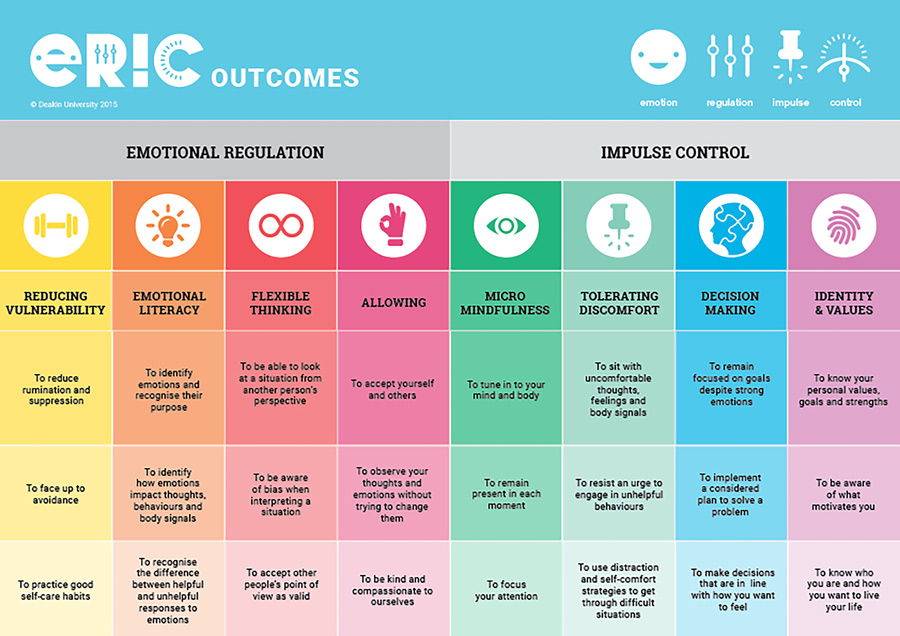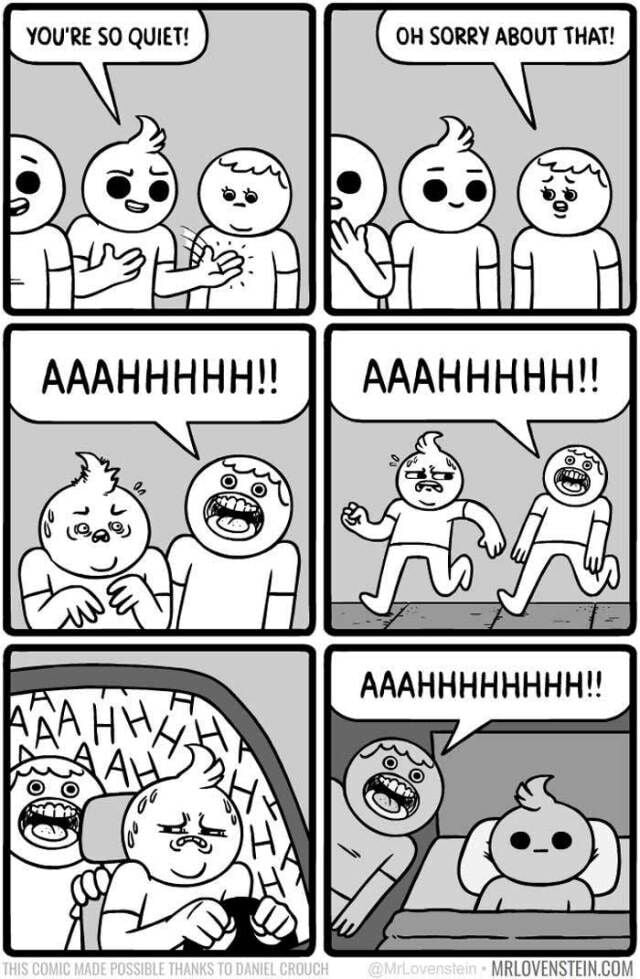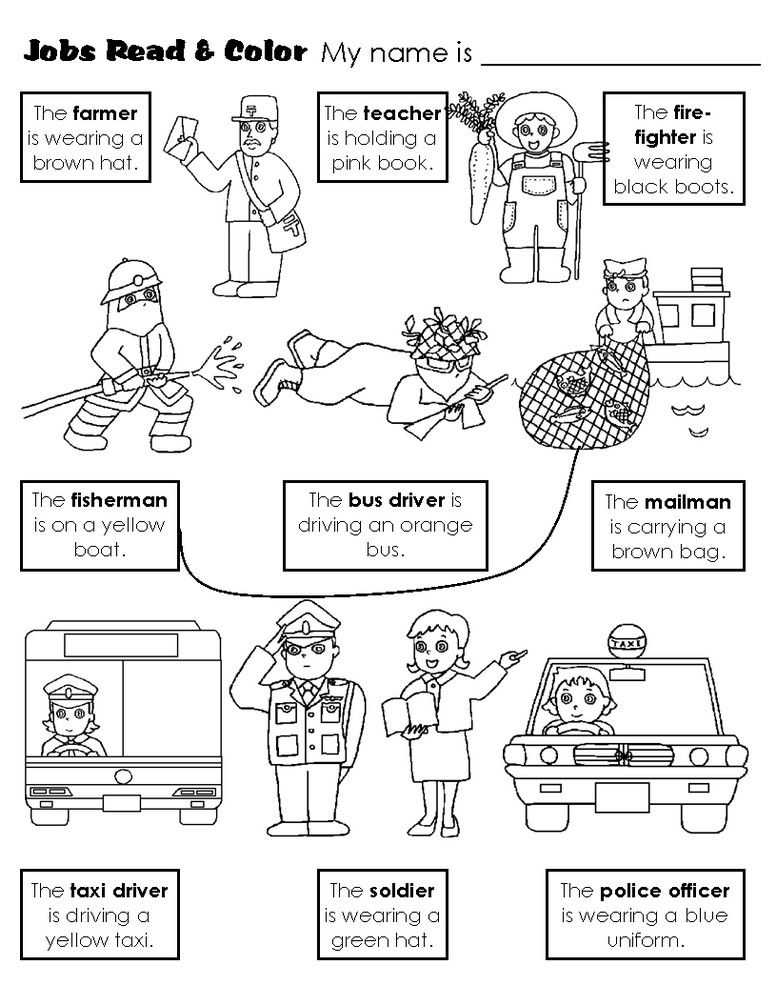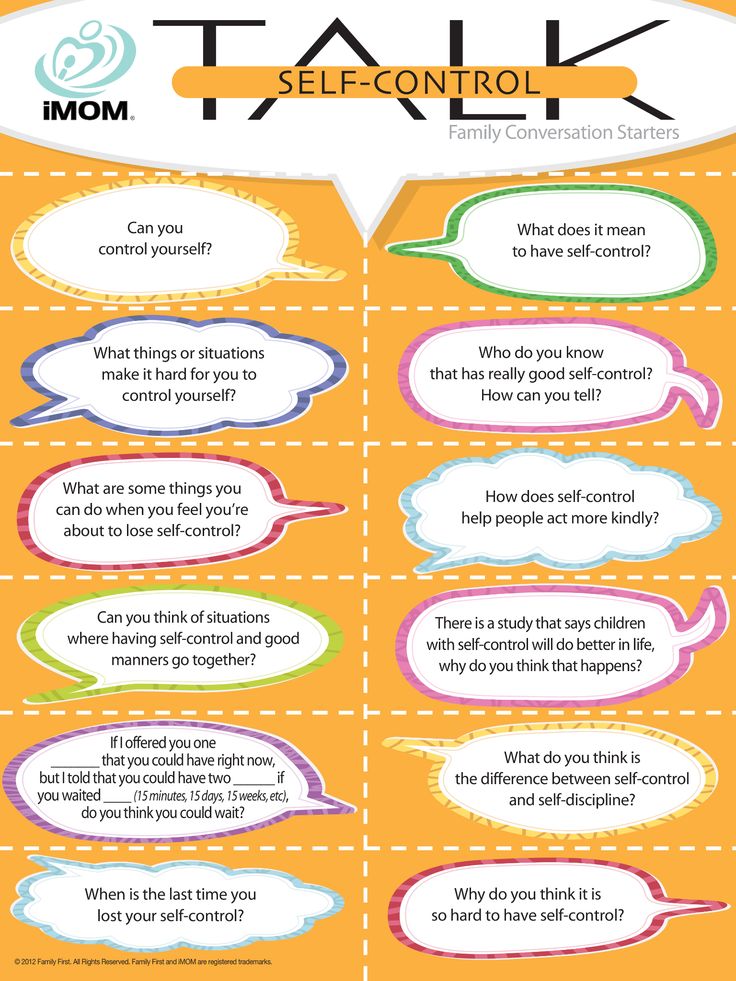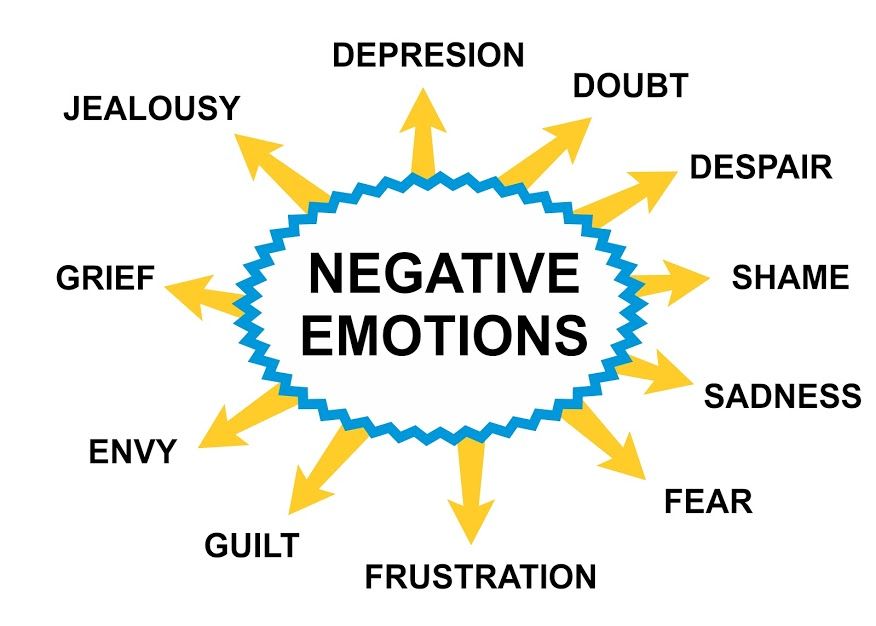Dark traits quiz
Dark Triad Test
- Tests
- Types
- Articles
- News
- Members
- Search
This test is also available in the following languages:
The Dark Triad is a personality inventory that explores the socially undesirable traits of Narcissism, Machiavellianism, and Psychopathy. The Dark Triad test is often used by police and the courts, in psychiatric wards and evaluations, and even in big corporations. Studies have shown that people who score high on the Dark Triad are more likely to commit crimes or get in trouble with the law and also more likely to cause social distress among their friends or problems for their workplace. On the other hand, studies have also shown that Dark Triad individuals are often perceived as possessing leadership qualities and that they have high social status and comparative ease of attaining desirable sex partners.
Question 1 of 36
I easily lose my temper.
| Disagree | Agree |
NEXT BACK
The CT-DT3© is not the equivalent of the SD3© (Short Dark Triad).
The CT-DT3© is the property of IDR Labs International. The SD3© is the property of Daniel N.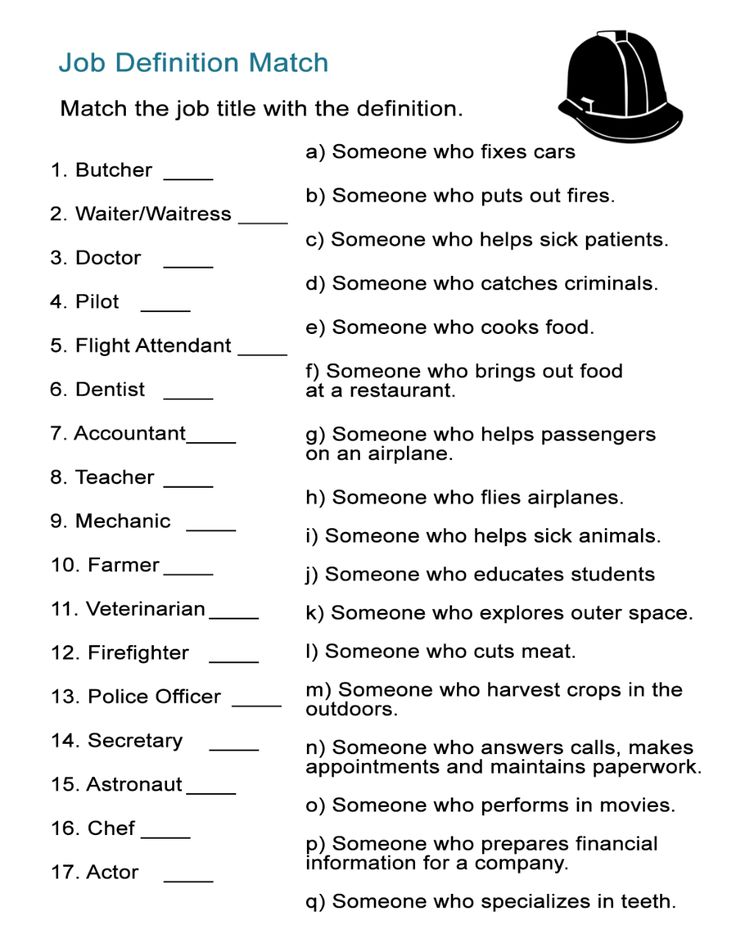 Jones, Delroy L. Paulhus, and the 'Assessment' Journal, as published by Sage, which focuses on articles advancing clinical assessment science and practice.
Jones, Delroy L. Paulhus, and the 'Assessment' Journal, as published by Sage, which focuses on articles advancing clinical assessment science and practice.
The three socially dark characteristics of Machiavellianism, Narcissism, and Psychopathy are often conceptualized as three interrelated traits known collectively as the Dark Triad. This test aims to measure the respondent's Dark Triad traits according to brief and easy-to-answer test items that nevertheless provide an accurate measure for the individual's Dark Triad traits. Numerous peer-reviewed studies (see references on the result page) were analyzed and used to determine the structure of this test, as well as the benchmarks and population averages used. Together, these studies inform the theoretical and methodical background of the CT-DT3©, yielding dependable and substantial measures of the Dark Triad traits.
Although both are designed to measure Dark Triad traits, the CT-DT3© should not be confused with the SD3©, as authored by Daniel N.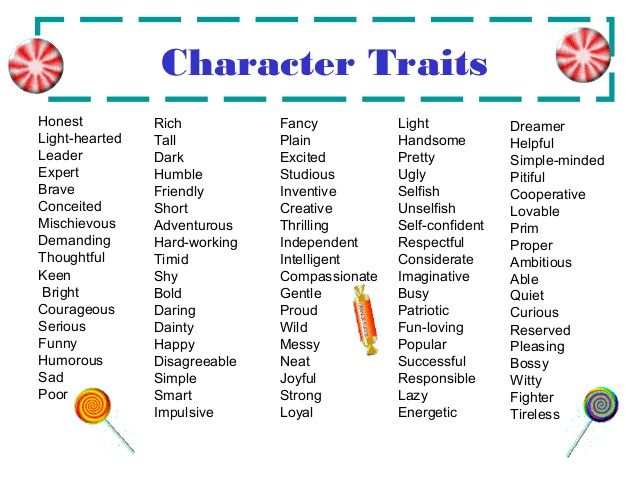 Jones and Delroy L. Paulhus. However, both are professionally-designed personality tests (or inventories) meant for measuring traits pertaining to the dark personality triad of Narcissism, Machiavellianism, and Psychopathy. The CT-DT3© is the property of IDR Labs International. The SD3© (Short Dark Triad) is the property of Daniel N. Jones, Delroy L. Paulhus, and the 'Assessment' psychological Journal. The authors of this online personality test are certified in the use of multiple personality tests and have worked professionally with typology and personality testing. The results of our online Dark Triad personality test are provided for educational purposes only, solely "as-is," and should not be construed as providing professional or certified advice of any kind. For more on our online personality test, please consult our Terms of Service.
Jones and Delroy L. Paulhus. However, both are professionally-designed personality tests (or inventories) meant for measuring traits pertaining to the dark personality triad of Narcissism, Machiavellianism, and Psychopathy. The CT-DT3© is the property of IDR Labs International. The SD3© (Short Dark Triad) is the property of Daniel N. Jones, Delroy L. Paulhus, and the 'Assessment' psychological Journal. The authors of this online personality test are certified in the use of multiple personality tests and have worked professionally with typology and personality testing. The results of our online Dark Triad personality test are provided for educational purposes only, solely "as-is," and should not be construed as providing professional or certified advice of any kind. For more on our online personality test, please consult our Terms of Service.
Big Tent Dark Traits Test
This test is also available in the following languages:
Given the success of the Dark Triad and Dark Core personality tests and the Difficult Person Test, researchers have become increasingly interested in conceptualizing dark models of personality.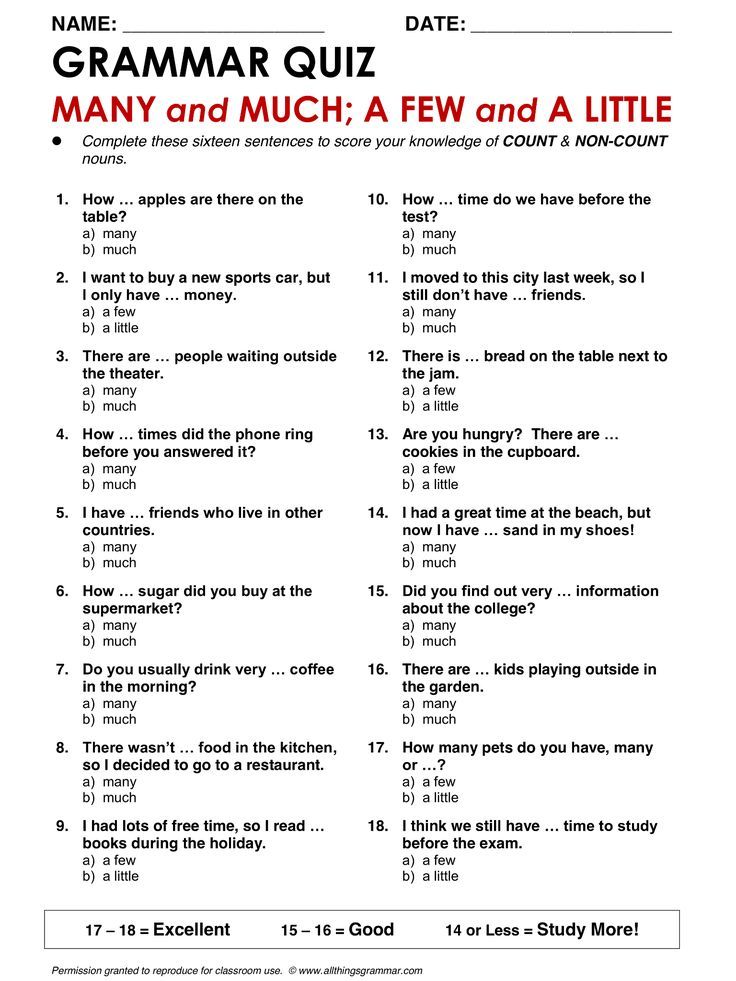 One such model is the present Big Tent Dark Traits test, which was developed by David K. Marcus of Washington State University and Virgil Zeigler‐Hill of Oakland University. Uniquely for their model, Marcus and Zeigler‐Hill also include traits like perfectionism and dependence among the usual dark traits.
One such model is the present Big Tent Dark Traits test, which was developed by David K. Marcus of Washington State University and Virgil Zeigler‐Hill of Oakland University. Uniquely for their model, Marcus and Zeigler‐Hill also include traits like perfectionism and dependence among the usual dark traits.
What is your Big Tent Dark Traits profile like? For each of the following questions, indicate your level of agreement below.
Question 1 of 35
I could probably become a major name in my field if I wanted to.
| Disagree | Agree |
NEXT BACK
Advertisement
The IDRlabs Big Tent of Dark Personality Traits Test (IDR-BTDPT) was developed by IDRlabs. The IDR-BTDPT is based on the work of Dr. David K. Marcus, Ph.D. and Dr. Virgil Zeigler-Hill, Ph.D., who wrote a paper entitled “A Big Tent of Dark Personality Traits.” The IDR-BTDPT is not associated with any specific researchers in the field of psychopathology or any affiliated research institutions.
The IDR-BTDPT is based on the work of Dr. David K. Marcus, Ph.D. and Dr. Virgil Zeigler-Hill, Ph.D., who wrote a paper entitled “A Big Tent of Dark Personality Traits.” The IDR-BTDPT is not associated with any specific researchers in the field of psychopathology or any affiliated research institutions.
The IDRlabs Big Tent of Dark Personality Traits Test was informed by the research of Marcus and Zeigler-Hill as published in Marcus, K., & Zeigler-Hill, V. (2015). A big tent of dark personality traits. Social and Personality Psychology Compass 9(8). The authors suggest that other features of dark personality have been largely neglected by psychologists. Hence, they advocate for a broader conceptualization of dark personality traits that goes beyond the dark triad traits. The present test is intended for educational purposes only. IDRlabs and the present IDRlabs Test are independent of the above researchers, organizations, or their affiliated institutions.
The Big Tent of Dark Personality Traits Test is based on a famous and well-regarded research on dark personality features. However, free online tests and quizzes such as this one are solely first takes and cannot provide accurate assessments of your potential condition. Hence, the test is intended to be used for educational purposes only. A definitive personality assessment can be made only by a pertinent professional.
However, free online tests and quizzes such as this one are solely first takes and cannot provide accurate assessments of your potential condition. Hence, the test is intended to be used for educational purposes only. A definitive personality assessment can be made only by a pertinent professional.
As the publishers of this free online Big Tent of Dark Personality Traits Test, which allows you to screen yourself for the indicators of these traits, we have strived to make the test as reliable and valid as possible by subjecting it to statistical controls and validation. However, free online quizzes such as the present Big Tent of Dark Personality Traits Test do not provide professional assessments or recommendations of any kind; the test is provided entirely “as-is.” For more information about any of our online tests and quizzes, please consult our Terms of Service.
Comprehensive Dark Personality Test
This test is also available in the following languages:
With the success of the Dark Triad, Dark Core Personality and Severity Test, researchers have become increasingly interested in conceptualizing dark personality models. One of them was this complex model of dark personality traits, which was created by David C. Marcus of the University of Washington and Virgil Ziegler-Hill of the University of Oakland. Scientists also supplemented the model of habitual dark personality traits with traits of perfectionism and dependence. nine0003
One of them was this complex model of dark personality traits, which was created by David C. Marcus of the University of Washington and Virgil Ziegler-Hill of the University of Oakland. Scientists also supplemented the model of habitual dark personality traits with traits of perfectionism and dependence. nine0003
What ratio of dark qualities do you have? For each following statement, indicate how much you agree with it.
Question 1 of 35
I need to be successful at work or school.
| Disagree | nine0017 | I agree |
CONTINUE BACK
Advertisement
The Comprehensive Dark Personality Test (IDR-BTDPT) was developed by IDRlabs.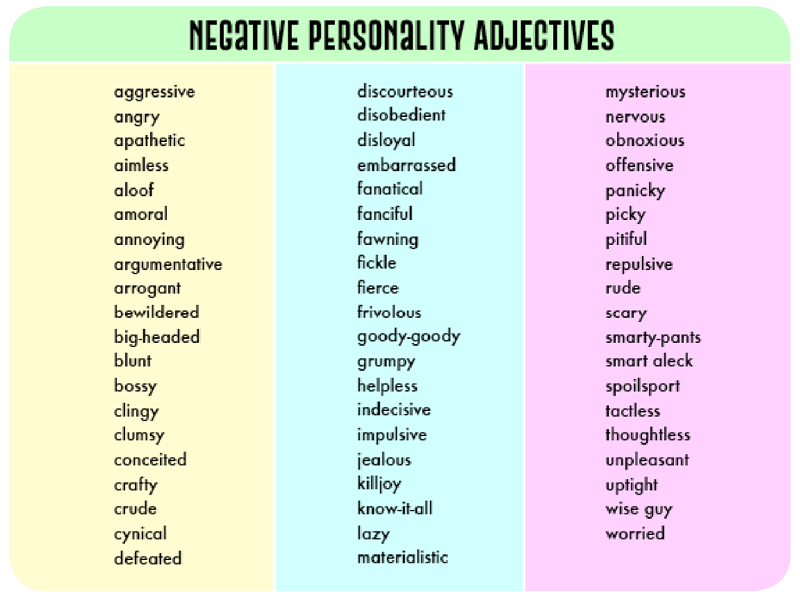 This test is based on "A Big Tent of Dark Personality Traits" by Dr. David C. Marcus and Dr. Virgil Ziegler-Hill. The IDR-BTDPT is not affiliated with any particular psychopathology research or particular research institution.
This test is based on "A Big Tent of Dark Personality Traits" by Dr. David C. Marcus and Dr. Virgil Ziegler-Hill. The IDR-BTDPT is not affiliated with any particular psychopathology research or particular research institution.
Comprehensive Dark Personality Test based on the work of Dr. David C. Marcus and Dr. Virgil Ziegler-Hill: Marcus, K., & Zeigler-Hill, V. (2015). A big tent of dark personality traits. Social and Personality Psychology Compass 9(8). The authors argue that psychologists have neglected many dark personality traits. That is why they advocate the conceptualization of dark qualities, go beyond the qualities of the dark triad of personality. Our test provides information for educational purposes only. IDRlabs and this test are not affiliated with any of the aforementioned researchers or institutions.
Comprehensive test for dark personality traits is based on well-known studies of human character traits. However, all free online tests like this one are only introductory materials that will not be able to determine your inherent qualities with absolute accuracy and reliability.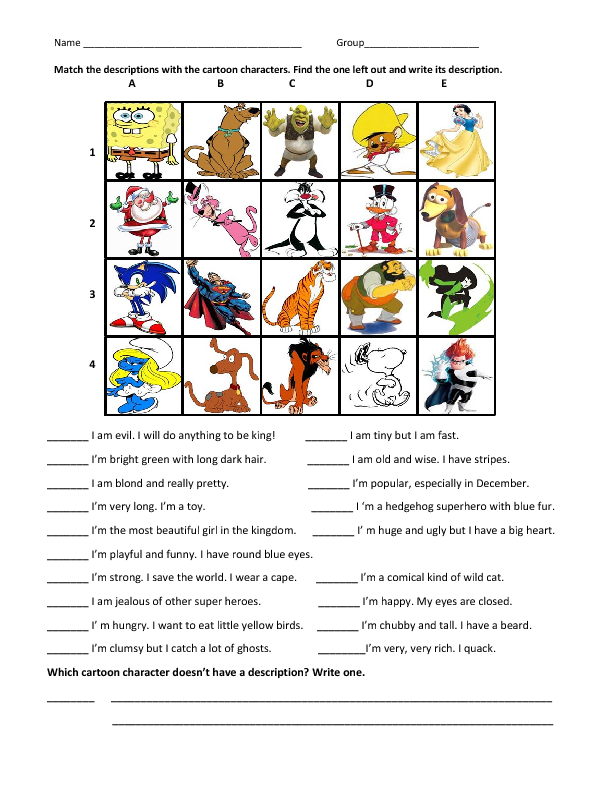 Therefore, our test provides information for educational purposes only. Detailed information about your mental state can only be provided by a certified specialist. nine0003
Therefore, our test provides information for educational purposes only. Detailed information about your mental state can only be provided by a certified specialist. nine0003
As the authors of this free online personality test, we have made every effort to ensure that this test is reliable and valid through numerous checks and statistical data control. However, free online tests like this provide information "as is" and should not be construed as providing professional or certified advice of any kind. For more information about our online tests, please see our Terms of Service. nine0003
Test for traits of dark and light triads
- Tests
- types
- articles
- News
- Members
- Search
This test is also available in these languages:
The Dark Triad and Light Triad tests are popular scientifically validated tests that assess dark (negative) and light (positive) personality traits.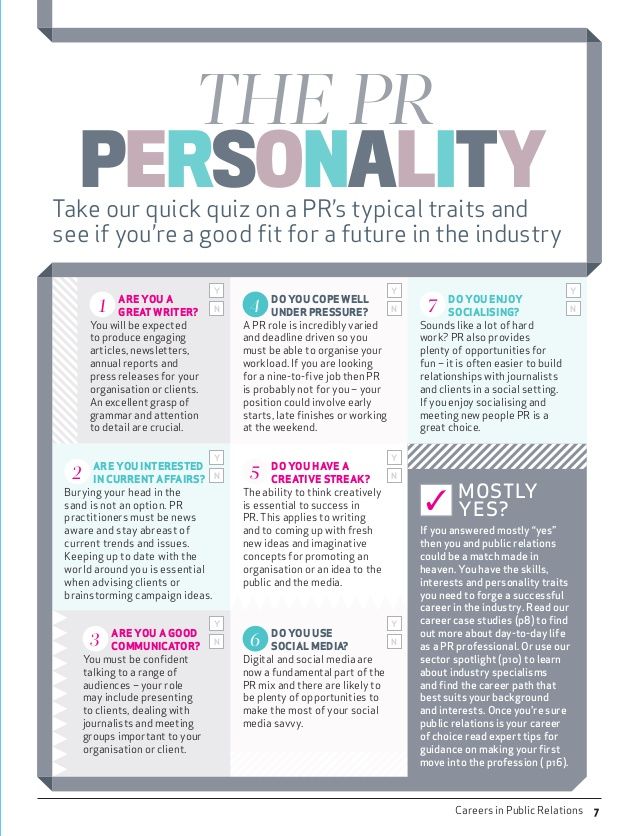
This is one of the very first tests that combines the features of the dark and light triads into one test and combines their results.
Which triad does your personality belong to? For each following statement, indicate how much you agree with it.
Question 1 of 36
Others should pay special attention to me. nine0003
| Disagree | I agree |
CONTINUE BACK
Advertisement
The dark and light triad traits test was created by IDRlabs and is based on the following research papers.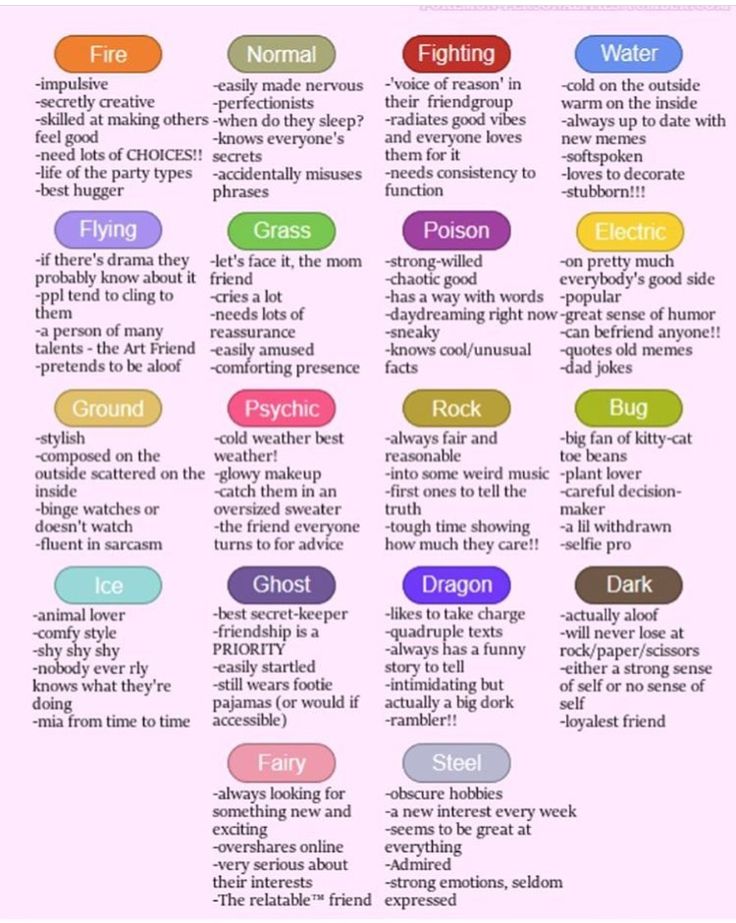 IDRlabs is not affiliated with any of the researchers or institutions mentioned. nine0016
IDRlabs is not affiliated with any of the researchers or institutions mentioned. nine0016
The test for dark and light personality traits is based on the following works: Johnson, Laura K.D. (2018): "The Light Triad Scale: Developing and Validating a Preliminary Measure of Prosocial Orientation". Electronic Thesis and Dissertation Repository. 5515. Kaufman, S., Yaden, D., Hyde, E., & Tsukayama, E. (2019): "The light vs. dark triad of personality: Contrasting two very different profiles of human nature ." Frontiers in Psychology. Dowgwillo & Pincus: Differentiating Dark Triad Traits Within and Across Interpersonal Circumplex Surfaces (Assessment 2016) 1073191116643161. Furham, Richard & Paulhus: The Dark Triad of Personality: A 10 Year Review (Social and Personality Psychology Compass Volume 7, Issue 3, 2013) pp. 199-216. Jonason, Kaufman, Webster & Geher: What Lies Beneath the Dark Triad Dirty Dozen: Varied Relations with the Big Five (Individual Differences Research 2013, Vol 11 No.
